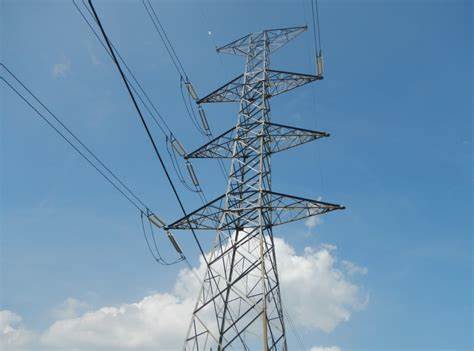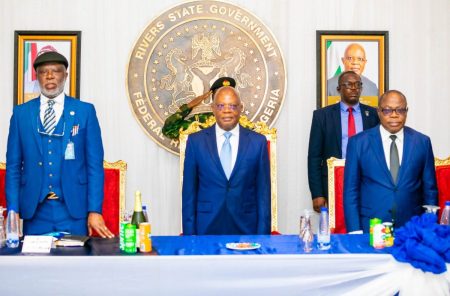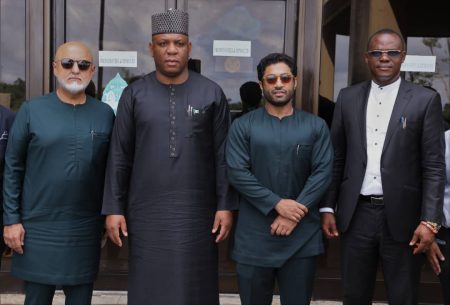20 October 2012, Sweetcrude, ABUJA – NIGERIA’s Federal Government has insisted that there was no corruption or any underhand dealing in its recent privatisation of the successor distribution companies, DISCOs, created from the unbundling of the state-run monopoly, Power Holding Company of Nigeria, PHCN.
Six firms including Integrated Energy Distribution and Marketing Limited, which is being promoted by former Head of State, General Abdulsalami Abubakar (rtd), Interstate Electrics Limited fronted by Sir Emeka Offor, and Vigeo Power Consortium which has Mr. Victor Gbolade Osibodu as its major shareholder, won the bids to operate 10 electricity distribution companies across the country.
The sale of the distribution companies has been panned in several quarters, and four state governors whose consortium, Southern Electricity Distribution Company Limited, lost out in the bids, have gone public to denounce the bidding process as fraught with corruption and fraudulent dealings.
But the Minister of State for Power, Arc. Darius Dickson Ishaku, who spoke in an interview with our correspondent at the background of the ground-breaking ceremony for the development of the permanent site of the National Power Training Institute of Nigeria, NAPTIN, in Abuja, dismissed the allegation of corruption, insisting there was no fraud involved in the privatisation process.
According to Ishaku, “The bidding process for the sale of the DISCOs was very transparent and credible. The National Council on Privatisation and the Bureau for Public Enterprises have overtime put together a process that is highly fraud-proof, reliable and efficient, and I can guarantee that the process was free, fair and transparent.”
He added, “The government has always made it a point to ensure that the whole process of privatisation of the PHCN is done publicly and with accountability. There were a lot of consultants working throughout the time to make sure that everyone involved was given a fair shot at winning the bids.”
According to the Minister, the broad objectives of the electricity sector reform include to attract and encourage private sector participation; attract capital to fund the sector; and ensure a level-playing ground for all investors.
He noted that, “We all know that the electricity sector is very capital-intensive, necessitating the entry of private capital and capable management to ensure efficient deployment of the greater physical and financial resources that will come into the sector.
“Investment in the generation sector will bring about greater generation capacity and energy available component of the reform and is one of the pre-conditions for the start-up of a competitive electricity market in Nigeria.”
The Federal Government is expected to yield about N197.25 billion as proceeds from the sale of 60 percent of the 10 DISCOs, according to the National Council on Privatisation, which is headed by Vice President Namadi Sambo.
On his own part, the Chairman of the Technical Committee of the National Council on Privatisation, Mr. Atedo Peterside, noted that all the prequalified bidders were given access to the virtual data room from September 1, 2011 to the proposal submission date of 31st July, 2012.
He noted that, “Pre-qualified bidders were also allowed to visit the distribution companies and physical data rooms that were located within the franchise area of each distribution company. By the bid submission deadline of 5pm on 31st July 2012, the Bureau of Public Enterprises (BPE) received 54 proposals from pre-qualified bidders.
He added that three committees were formed to evaluate the bids that were received.
According to him, the preferred bidders were selected on the basis of efficiency improvements, that is, the reduction of Aggregate Technical, Commercial and Collection losses that they can achieve over a five-year period.”




